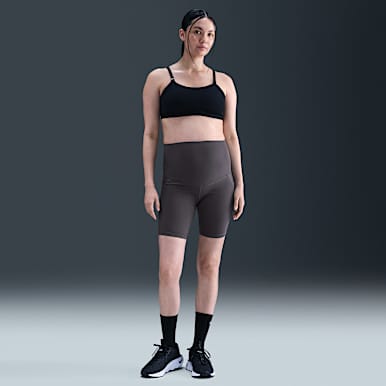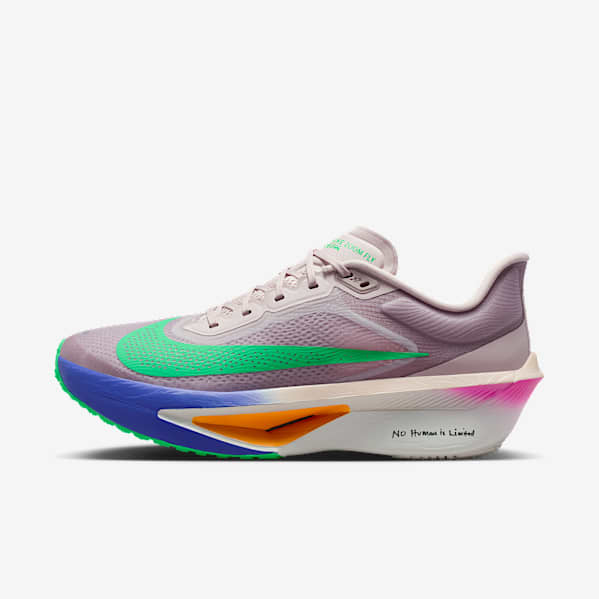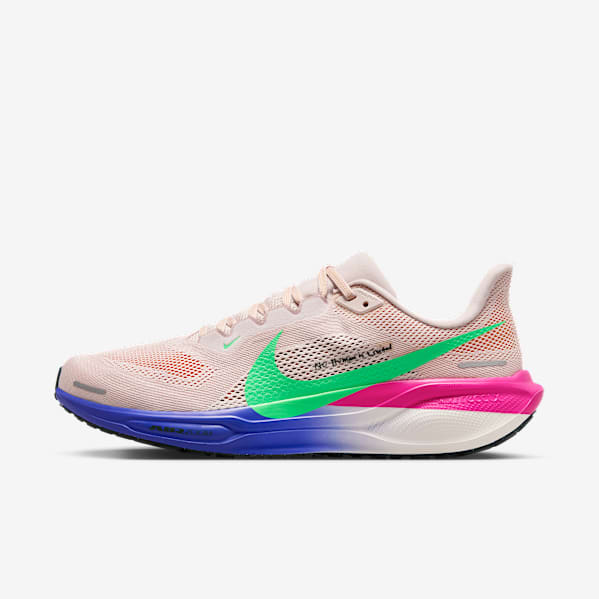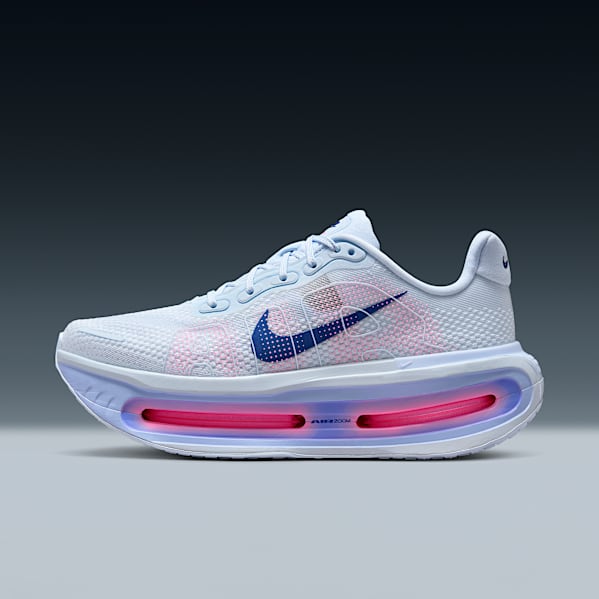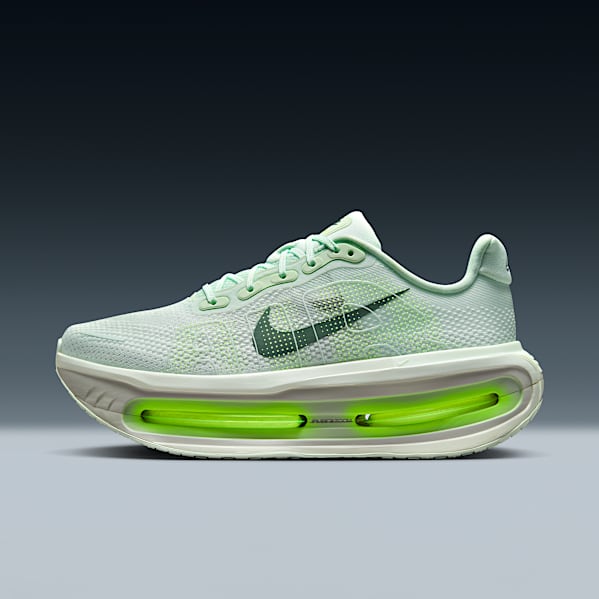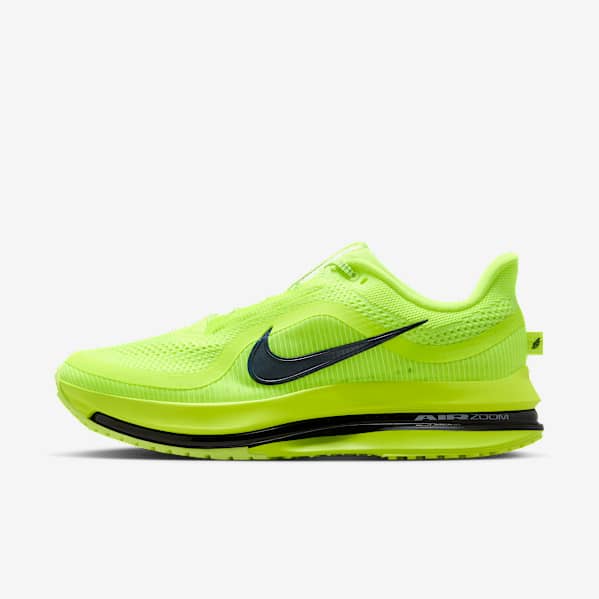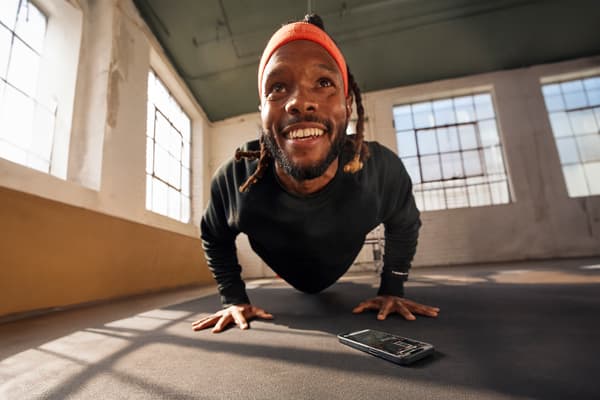6 reasons you're working out but not seeing results
Health & wellness
Your progress won't go unnoticed once you resolve these blockers.

It's frustrating to put time and energy into a new workout programme and not see many (or any) tangible results. While a well-designed workout programme is important for weight management and building strength, it's not the only factor that plays into how quickly you achieve your fitness goals.
"Even with consistent exercise and well-balanced meals, there are several reasons why someone might not see the results they're striving for", says weight-loss coach and certified nutrition coach Sarah Pelc Graca, NASM-CPT.
Ahead, Pelc Graca points out the most common barriers that inhibit people from achieving their goals. Plus, she offers potential solutions to help you overcome these blockers for good.
6 reasons you're exercising but not seeing results
1. You're stressed and not sleeping well
Always feeling stressed—whether from your work, personal life, overtraining or all three—can take a major toll on your overall health and impede your progress in the gym. "Stress elevates cortisol levels, which can lead to increased fat storage, especially around your midsection, and hinder muscle recovery", Pelc Graca says.
Muscle recovery is vital for improving strength and scorching body fat, and sleep is what enables muscles to recover. But if you're stressed out, you may not sleep as well. Research shows there's a link between high cortisol levels and poor sleep. However, the question is similar to "What came first, the chicken or the egg?"
Either way, not getting enough quality sleep each night can cancel out your hard work in the gym. "Your body repairs muscles, regulates hunger hormones like ghrelin and leptin, and balances overall metabolism [during sleep]", Pelc Graca says. "Without adequate sleep, your body may crave more food, store more fat and feel less energised for workouts".
Solution: Consider downloading a meditation app, incorporating yoga into your daily routine and letting go of tasks and activities that aren't beneficial for your mental well-being. It's impossible to escape all stressors in your life, so try to get rid of the disposable ones.
2. You're counting kilos lost instead of muscle gained
If you're exercising regularly and doing a mix of cardio and strength training, it's probable your body composition (ratio of muscle to fat) is changing for the better. "If the scale isn't moving, but your clothes fit better and you feel stronger, that's a win", Pelc Graca says.
If you're gaining muscle while losing fat, the number on the scale may not change at all at first. In fact, it may go up. "Muscle gain often masks fat loss on the scale, as muscle is denser than fat but takes up less space in your body", she says.
Also, bear in mind that adding muscle mass also increases your resting metabolic rate, meaning you burn more calories at rest. "Tracking progress through non-scale victories, like improved strength or better-fitting clothes, offers a more accurate reflection of the changes happening in your body", Pelc Graca says.
Solution: If you appreciate data, consider buying a body-fat scale that measures your body composition through bioelectrical impedance analysis (BIA), often found in body composition scales. A BIA scale provides you with your body fat percentage in addition to your weight.
3. You're not moving much outside of when you exercise
Exercise is important when it comes to getting stronger and hitting weight-loss goals. But what you do outside of your workouts also matters. "Small movements throughout the day, like walking, cleaning or even fidgeting, all contribute to your daily calorie burn", Pelc Graca says.
These core daily activities can make up a significant amount of your day, and the energy that they burn is referred to as non-exercise activity thermogenesis (NEAT). However, if your strength-training workouts are too intense from the get-go, you may not feel as energised to get up and walk around as you usually do.
"If intense workouts leave you too fatigued for other activities, they might offset the calorie burn you achieved during exercise", Pelc Graca says. "Incorporating gentle movement, like stretching or walking, throughout the day ensures your activity levels stay high".
Solution: Try using a fitness tracker or a smartwatch to monitor your daily movement—not just when you exercise. Some trackers can prompt you to move if they sense you've been inactive for a stretch of time.
But you don't need a tracker to be more mindful of your daily movement. Taking the stairs instead of the lift or standing up and walking away from your desk periodically are both ways to add more movement to your day.
If you find that you're too tired to stay active throughout the day, your workout programme may be too strenuous. Schedule recovery workouts throughout the week to reduce your overall workload and see if that helps you maintain daily movement.
4. You're eating more food
When you start a new exercise programme, it's normal for you to feel hungrier: your body is burning more calories. However, you'll still want to prioritise healthy foods over high-calorie ones that don't make you feel replenished. "It's important to fuel your body with nutrient-dense foods that promote satiety and recovery without overeating", Pelc Graca says. "Misjudging how much extra food your body needs can sabotage weight loss", she adds.
Solution: If you're consuming the right number of calories but are stillhungry all of the time, look at the type of foods you're eating. "Focus on eating whole, high-protein and high-fibre foods like fruits and vegetables, which help manage hunger while keeping you in a calorie deficit", Pelc Graca says. "Mindful eating strategies, like eating slowly and recognising fullness cues, can also help".
5. Your diet is too restrictive
While eating too much food can sometimes result in weight gain, not eating enough can also get in the way of changing your body composition. Some diets, especially crash diets, are highly restrictive and often don't offer adequate nutrition for your body. As a result, your energy levels decline and your workouts may suffer, resulting in fewer calories burnt. Not to mention, depriving yourself for the majority of the week may make you vulnerable to intense binging episodes. "Overly restrictive diets often backfire, leading to low energy, poor workout performance and cycles of overeating", Pelc Graca says.
Cutting back on a lot of calories—and quickly—can slow your metabolism and disrupt hunger hormones like ghrelin, she says, which can make it even harder to hit your goals. "By fuelling your body properly and aiming for a moderate deficit, you're more likely to sustain long-term results", she says.
Solution: Finding your calorie sweet spot can be tricky and time-consuming. Calorie calculators work for many, but they only provide estimates—not exact numbers. One solution is to keep a food journal and track your calories and macronutrients, which include carbs, fat and protein. You might also want to work with a registered dietitian. An RD can take your workout programme, dietary preferences and lifestyle into account to develop a meal plan that works for you.
6. Your goals aren't within reach
"Setting realistic, achievable goals is critical for maintaining motivation", Pelc Graca says. "Celebrate small milestones along the way to keep yourself focused and encouraged".
Here's why: Setting unrealistic expectations can make you feel frustrated and burnt out. "But setting small goals that feel attainable, especially at the beginning, will help boost your confidence and enable you to stay consistent", Pelc Graca says.
Solution: Set short-term goals and use them as stepping stones to your long-term aspirations. "For instance, instead of aiming for rapid weight loss, focus on behaviours like completing three workouts per week or adding a fruit or vegetable to every lunch and dinner", she says. "These process-orientated goals create sustainable habits that lead to long-term success".






